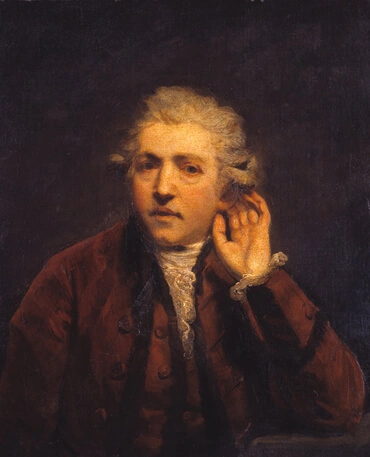1
Judita im reče: "Poslušajte me, braćo! Uzmite ovu glavu i objesite je na krunište naših zidina.
2
Čim zora zarudi te sunce obasja zemlju, neka se svatko maši svog oružja i svi hrabri muževi neka izađu iz grada. Izabrat ćete im vođu kao da tobože hoćete sići u ravnicu, na asirske predstraže. Ali nećete sići.
3
Oni će pograbiti svoje oružje, otići će u tabor i probudit će zapovjednike asirske vojske. Zajedno će otrčati k Holofernovu šatoru, i kad Holoferna ne nađu, spopast će ih užas i pobjeći će ispred vas.
4
Vi i svi koji žive u granicama Izraela, progonite ih i uništite na putu njihova uzmaka.
5
Ali prije nego sve to izvedete, pozovite mi Ahiora Amonca da svojim očima prepozna onoga koji je prezreo kuću Izraelovu a njega poslao k nama u smrt."
6
Pozvaše Ahiora iz Ozijine kuće. Kako dođe i vidje Holofernovu glavu u rukama jednog od članova narodnoga zbora, sruši se na zemlju i onesvijesti.
7
Kada se osvijestio, baci se do nogu Juditi, pokloni joj se i uskliknu: "Blagoslovljena da si u svakome šatoru Judinu i u svakom narodu! Svatko će drhtati od straha kad čuje tvoje ime!
8
A sada mi pripovjedi što si sve izvela ovih dana." Judita mu usred mnoštva pripovjedi sve što je učinila od onoga dana kad je otišla pa do tada, do toga razgovora s njima.
9
Kad je završila kazivanje, narod počne klicati od radosti: svim gradom odjeknuše radosni povici.
10
Tada Ahior, vidjevši što je sve učinio Bog Izraelov, povjerova čvrsto u Boga te se dade obrezati i tako bi pribrojen narodu Izraelovu.
11
A kad zarudje zora, objesiše Holofernovu glavu na zidine. Svaki pograbi svoje oružje te jurnuše u odredima niz padine.
12
Kada ih Asirci ugledaše, obavijestiše svoje zapovjednike. Ovi pođoše zapovjednicima, tisućnicima i ostalim časnicima svojim.
13
Dođoše do Holofernova šatora pa kazaše upravitelju njegovih dobara: "DÓe probudi našega gospodara. Oni su se robovi usudili sići i napasti nas da zauvijek budu uništeni."
14
Bagoa uđe i pljesnu rukama pred šatorskim zastorom: mišljaše da Holoferno spava s Juditom.
15
Ali kako se nitko ne odazva, razmaknu zastore, uđe u ložnicu i nađe truplo bačeno na prag: glave nigdje, bijaše odnesena.
16
Kriknu iza glasa te plačući, jecajući i snažno zapomažući rastrga na sebi haljine.
17
Uđe zatim u šator u kojem je boravila Judita i ne nađe je. Onda otrča k narodu i povika:
18
"Ovi su robovi podmukli: jedna sama Hebrejka osramotila je dom kralja Nabukodonozora. Evo Holoferna na zemlji, ali glave na njemu nema."
19
Kad zapovjednici vojske asirske čuše te riječi, razderaše na sebi haljine, dušu im spopade silan strah, a taborom im se prolomiše oštri krikovi i silna kuknjava.







